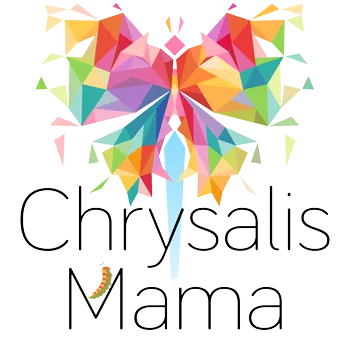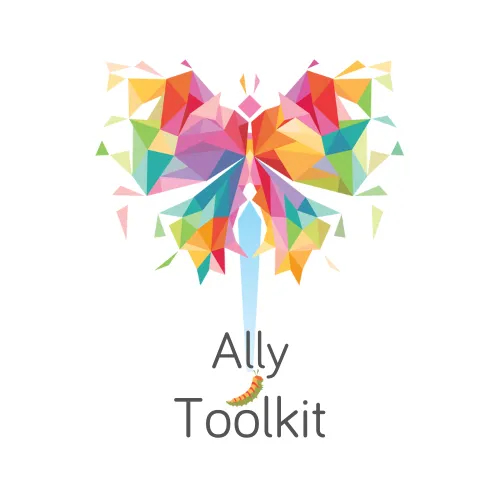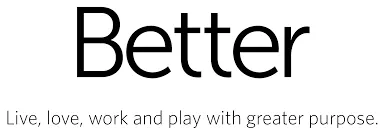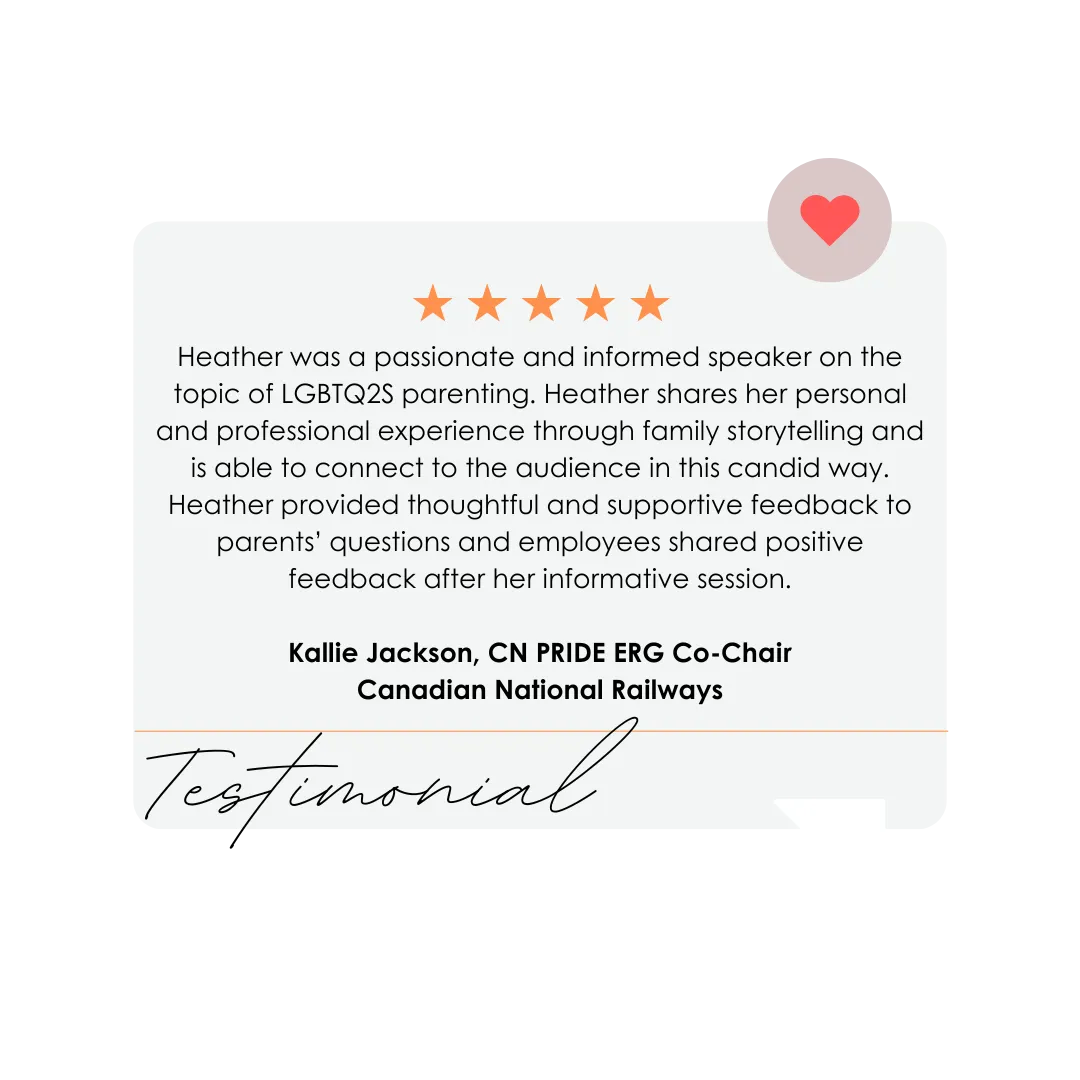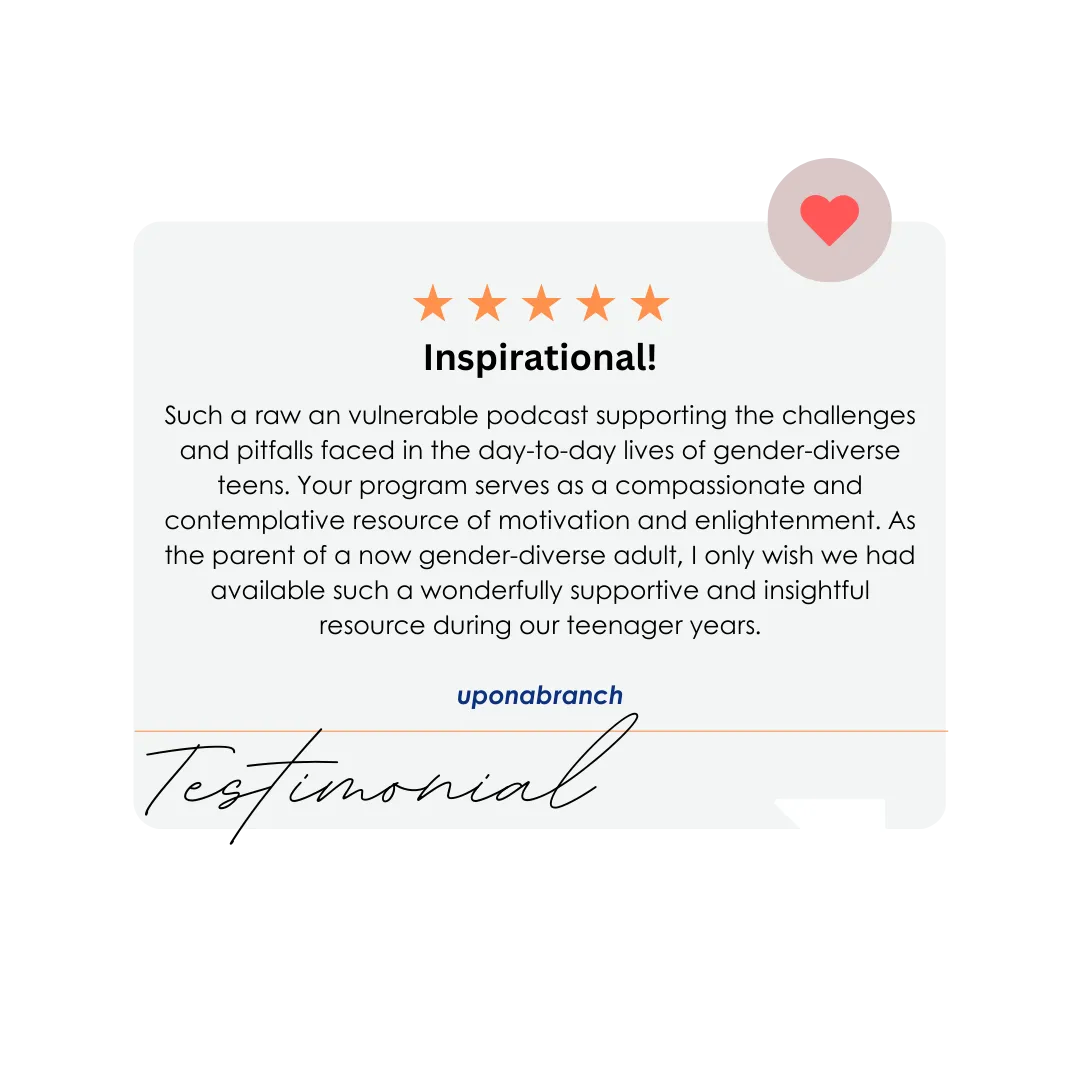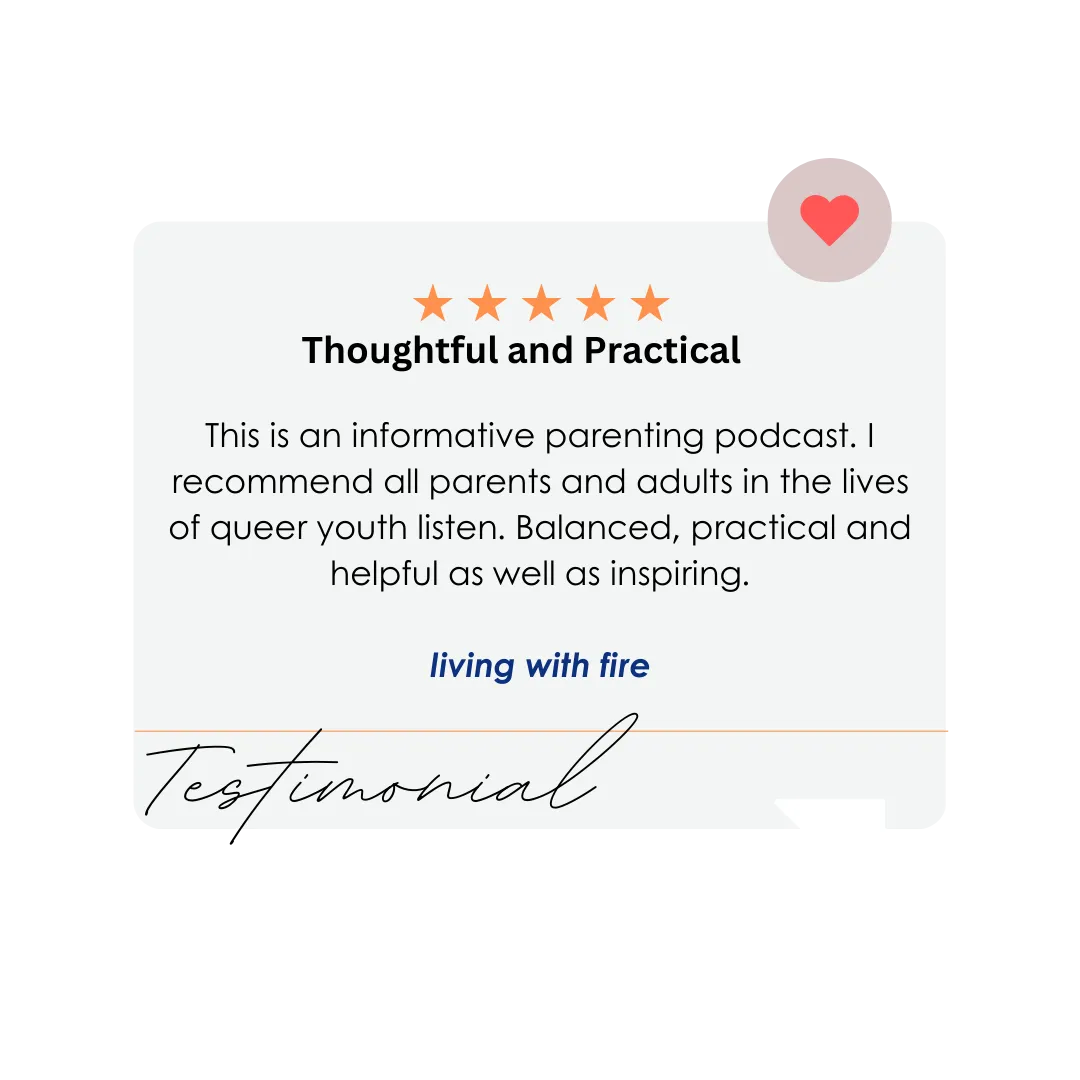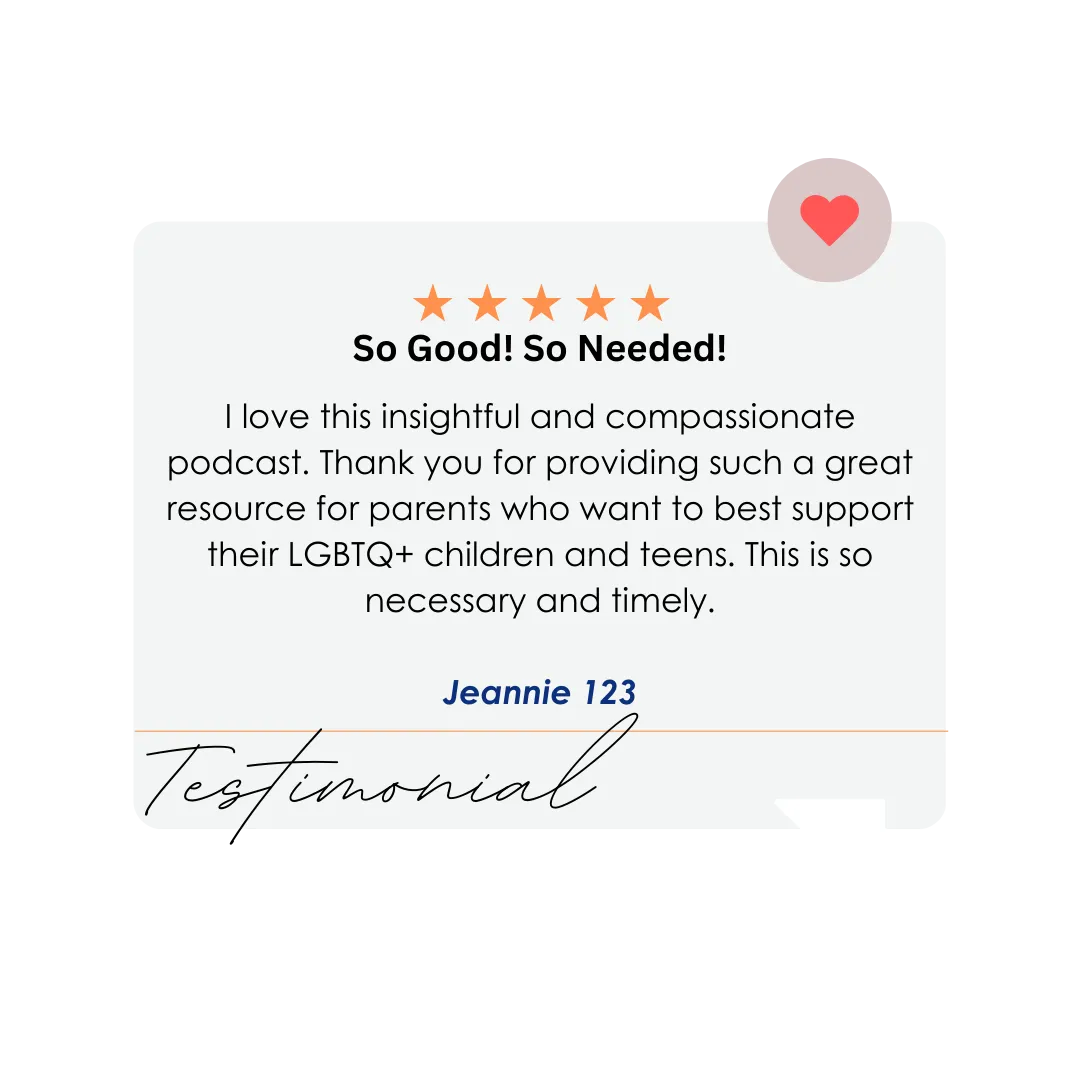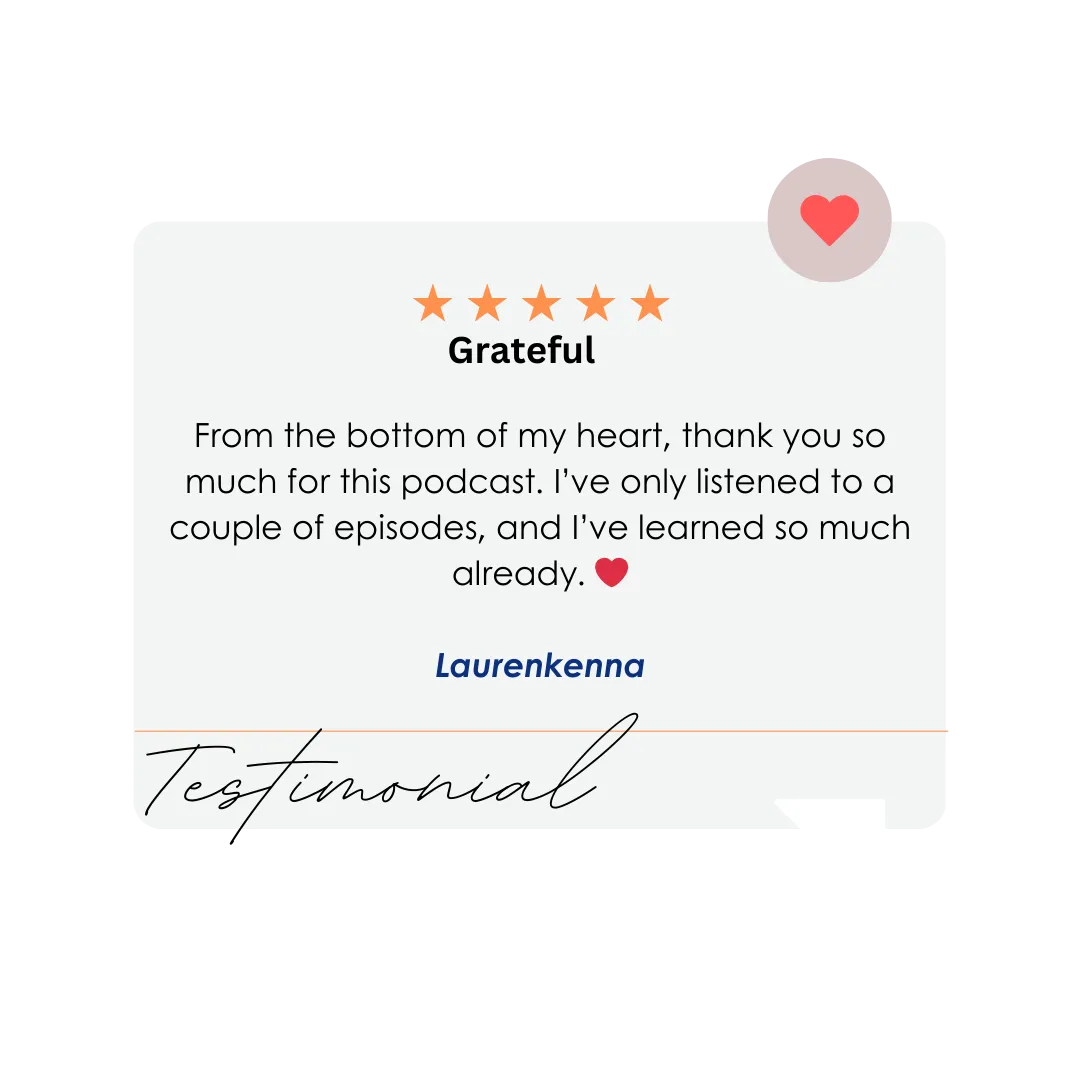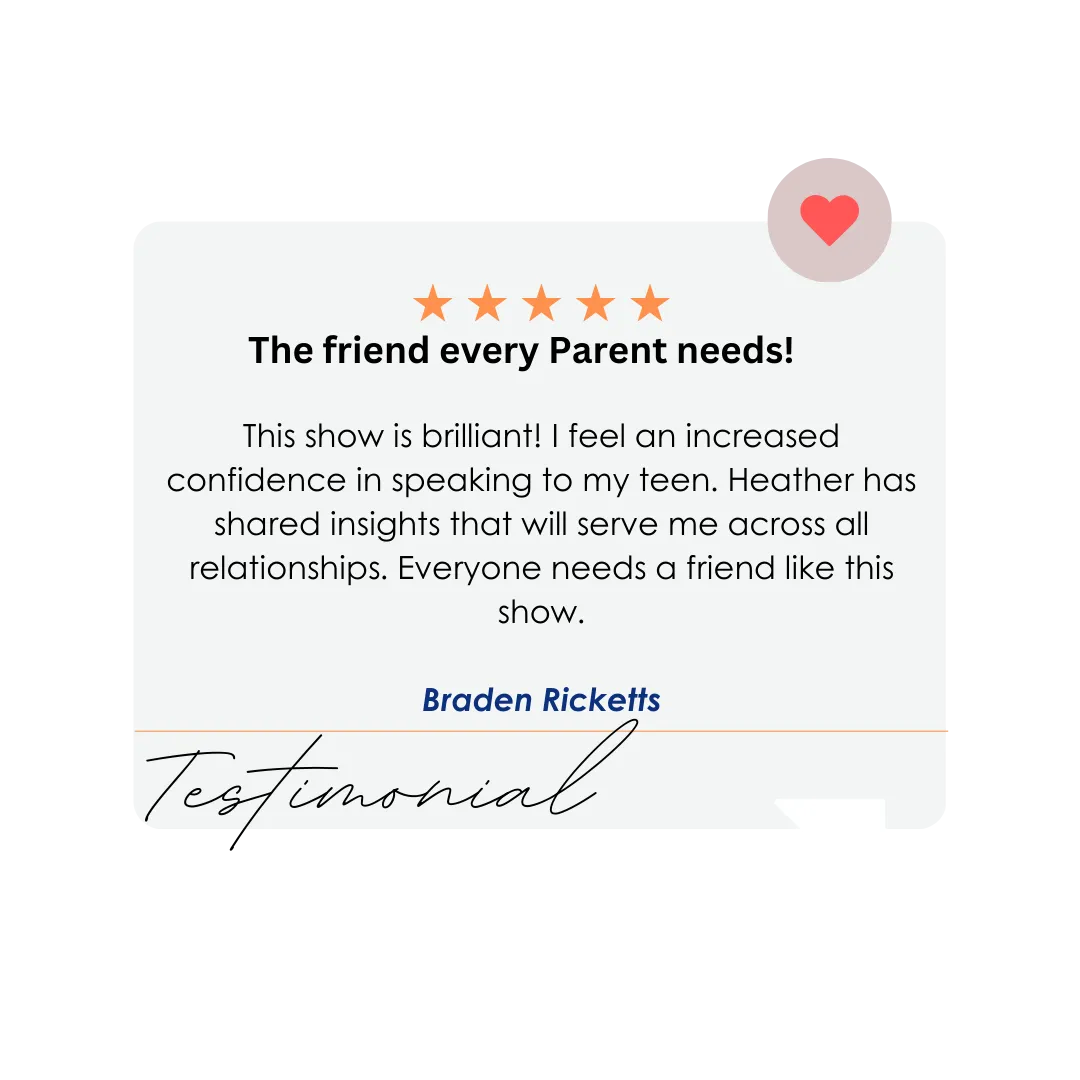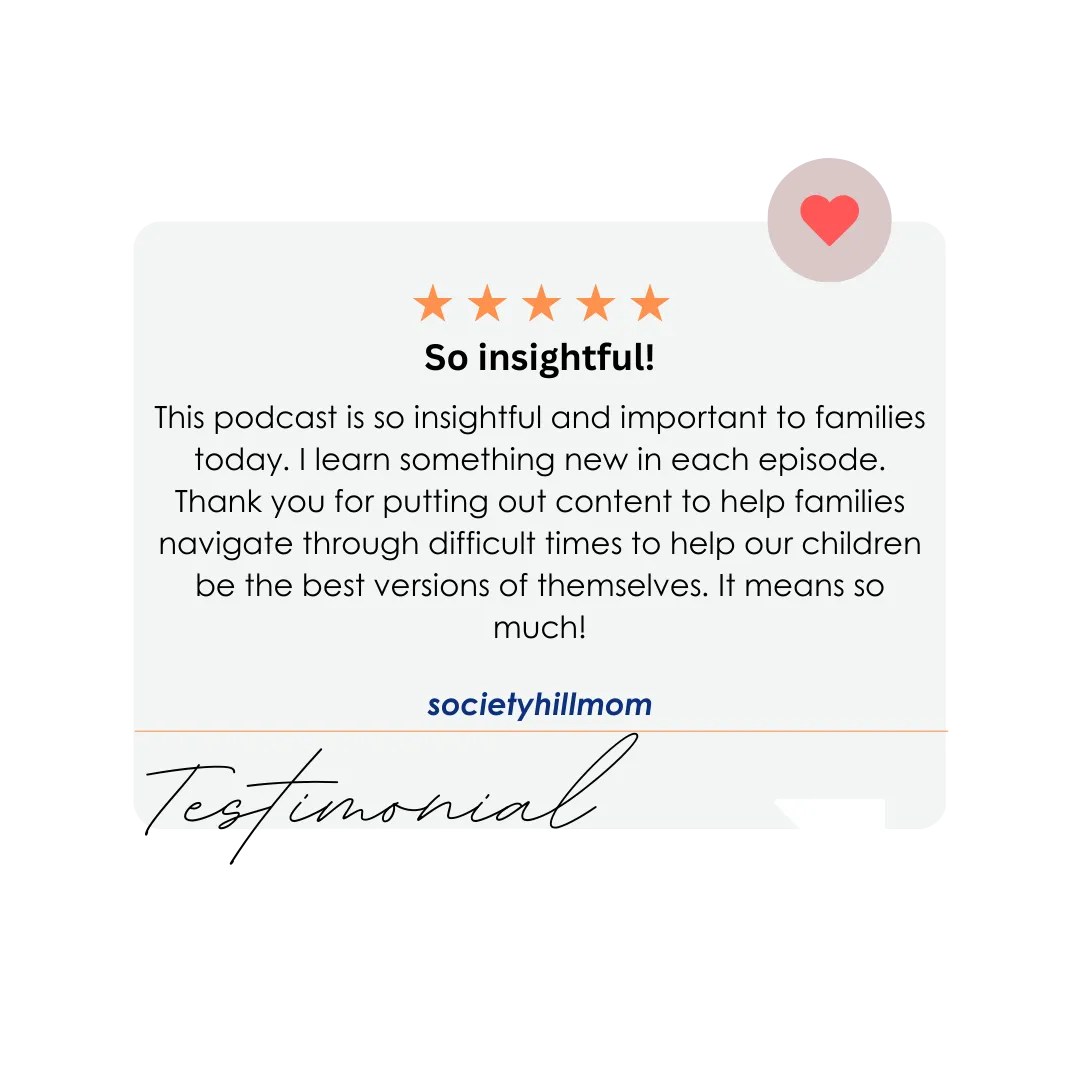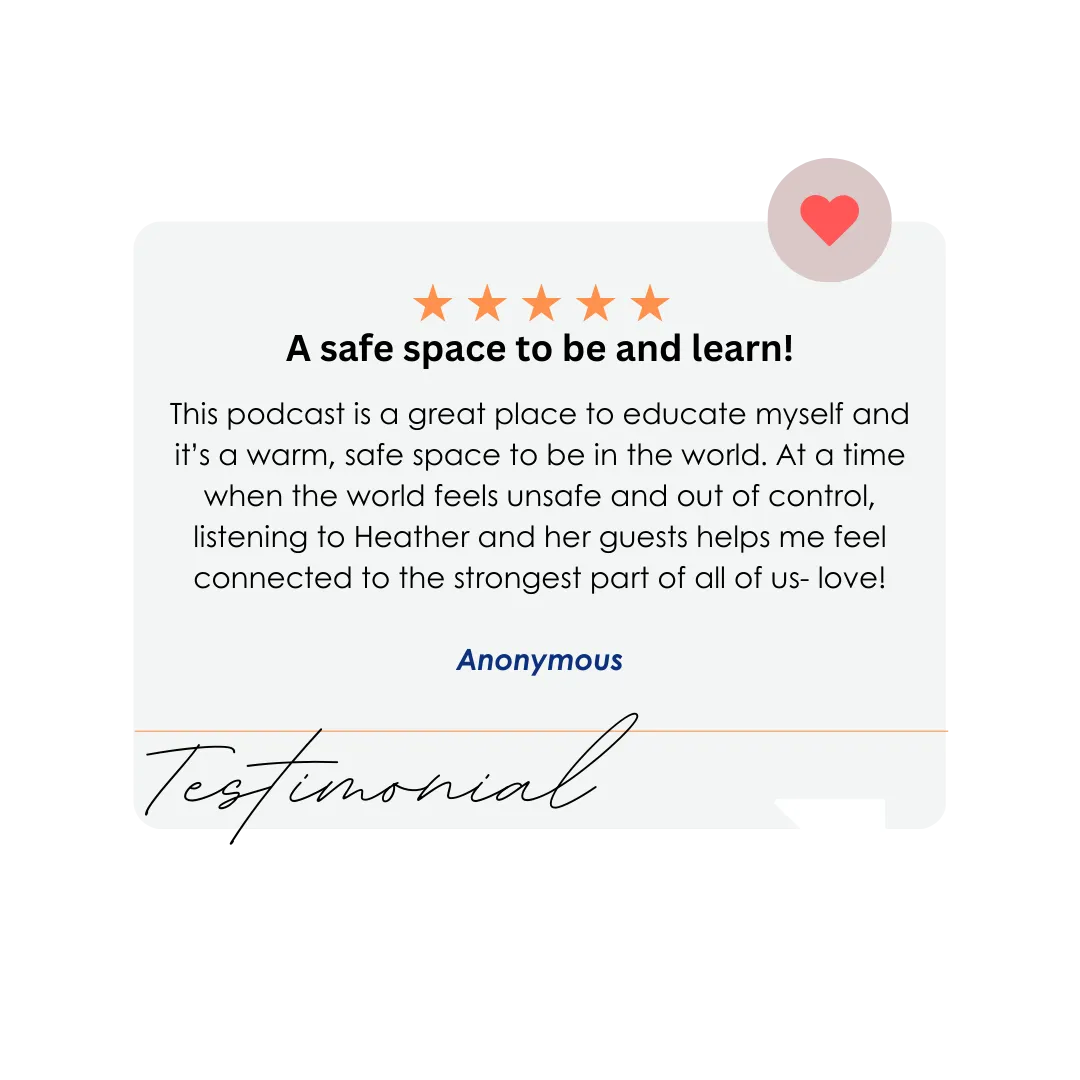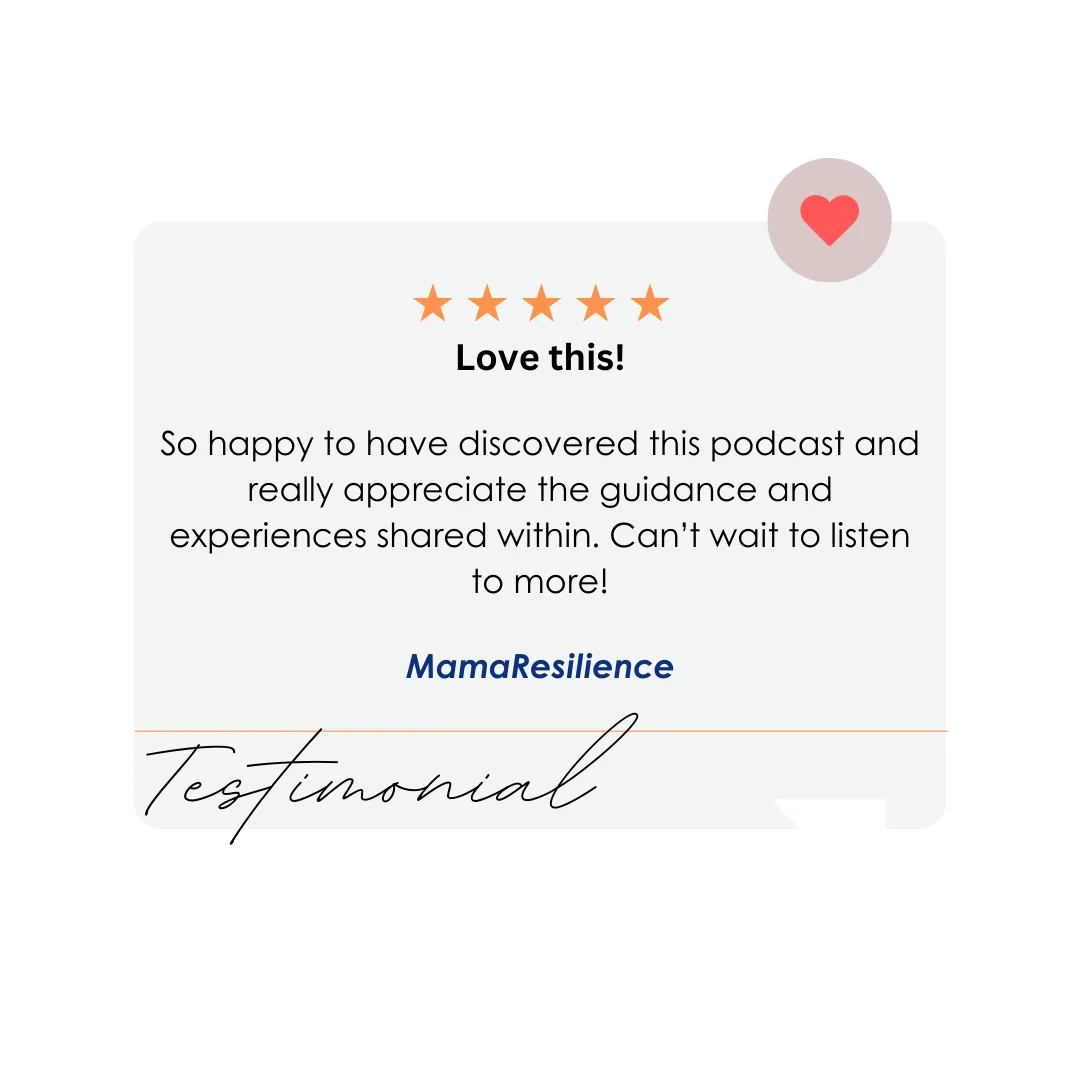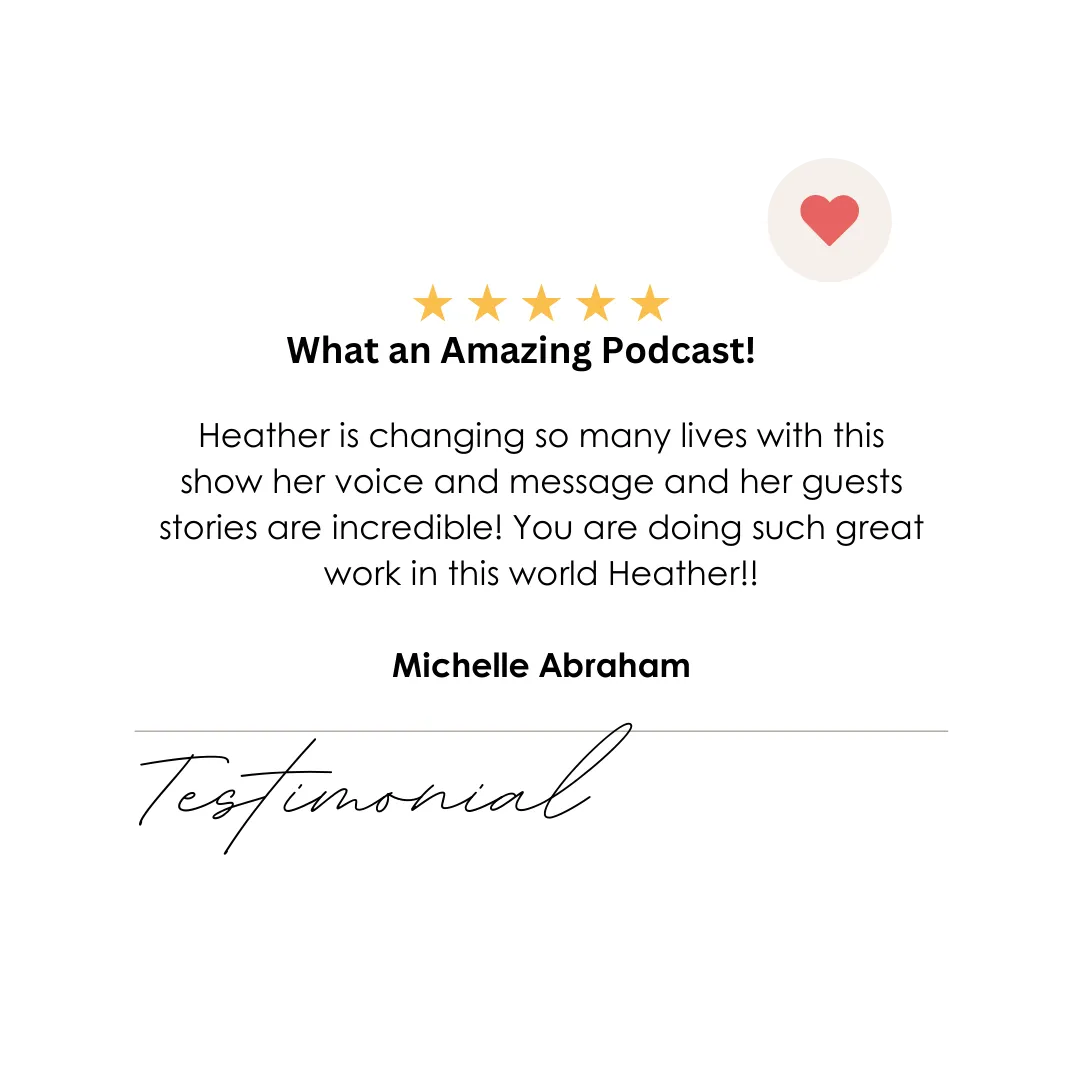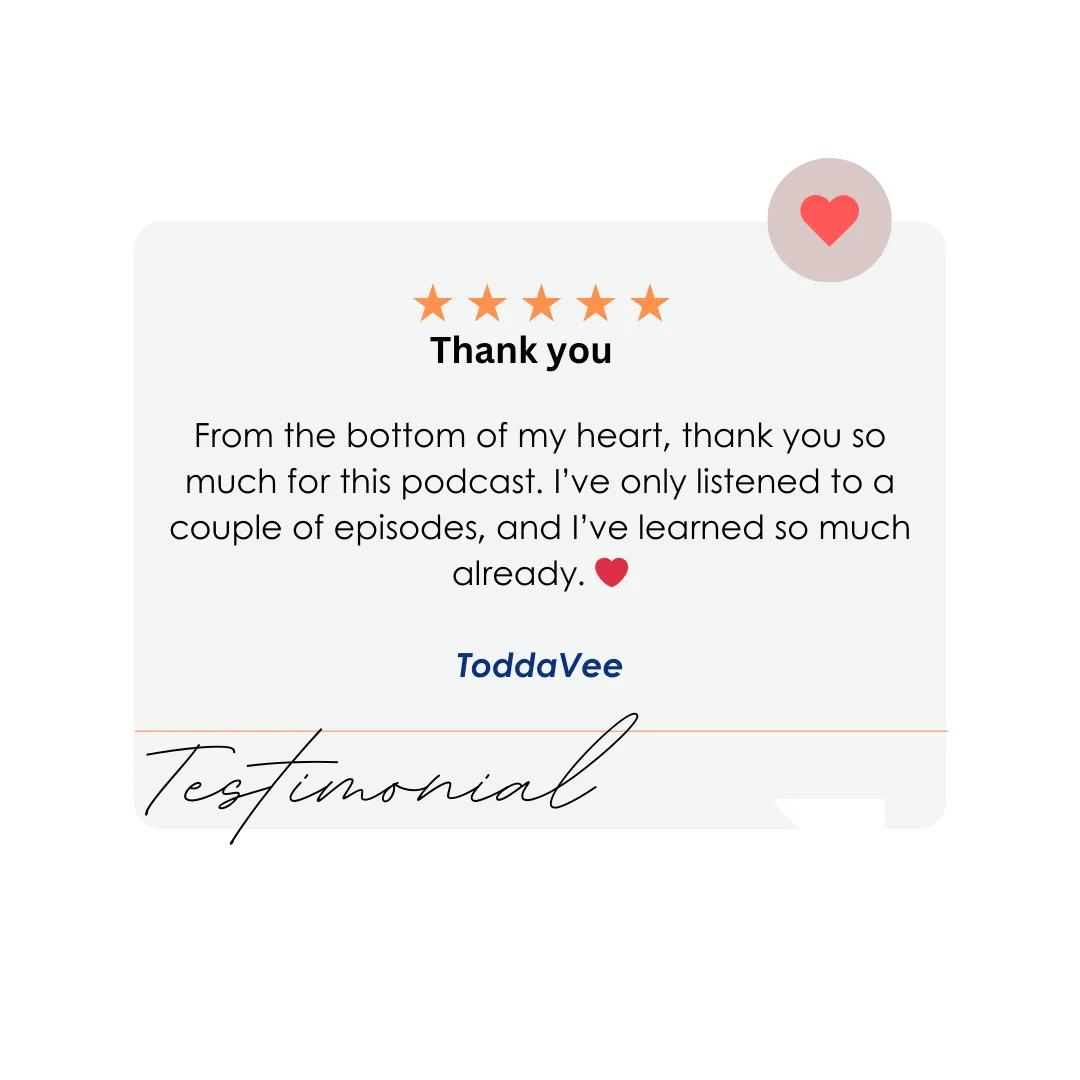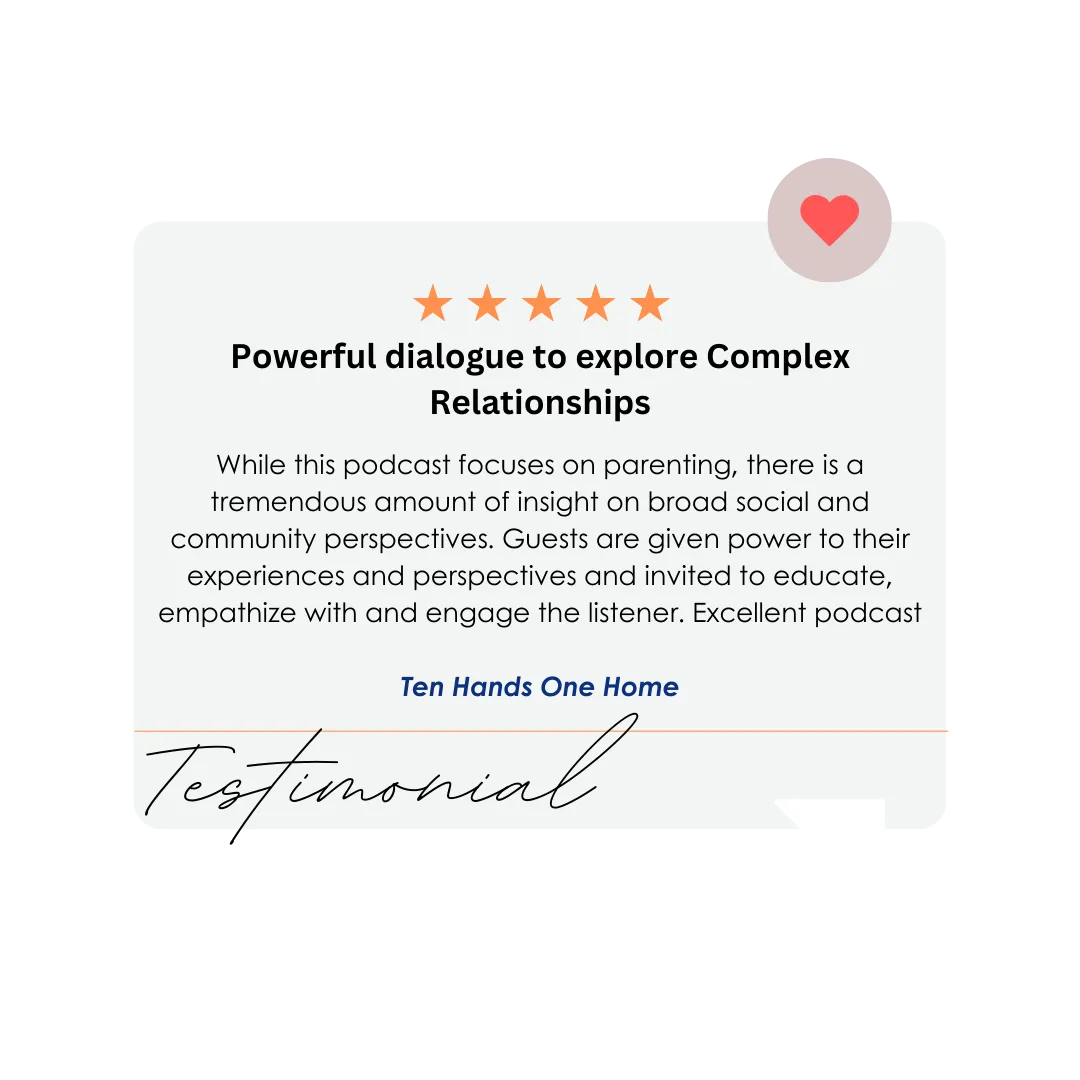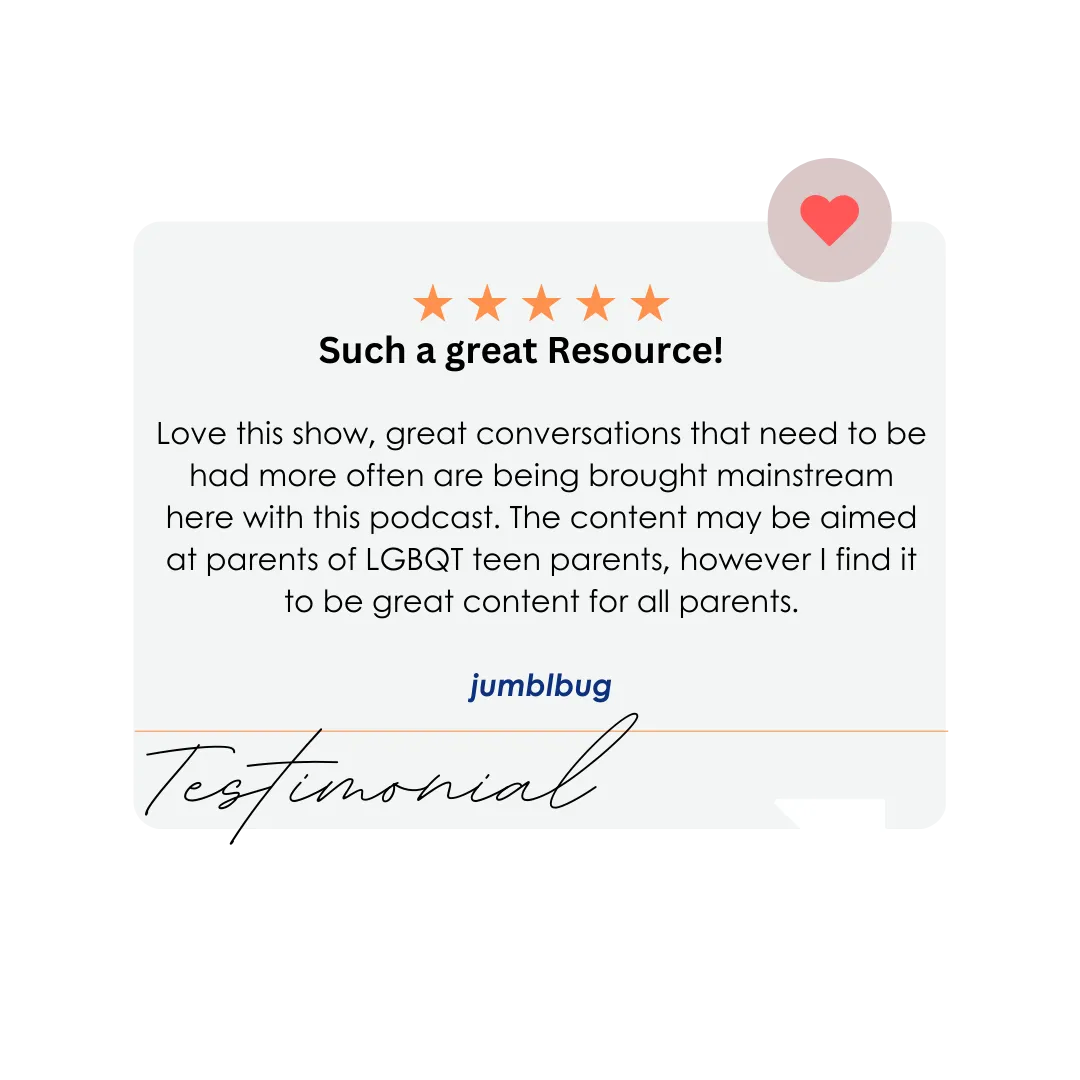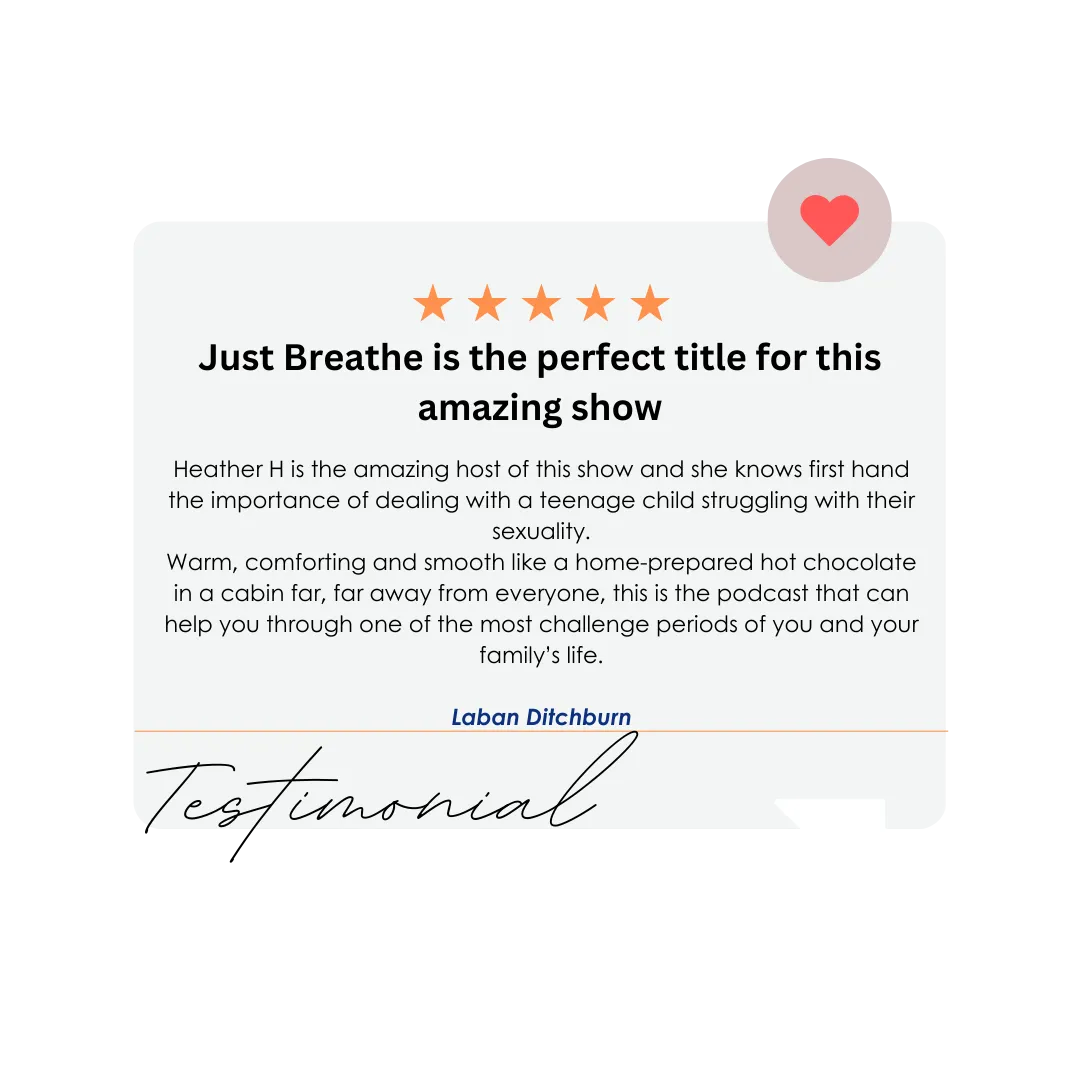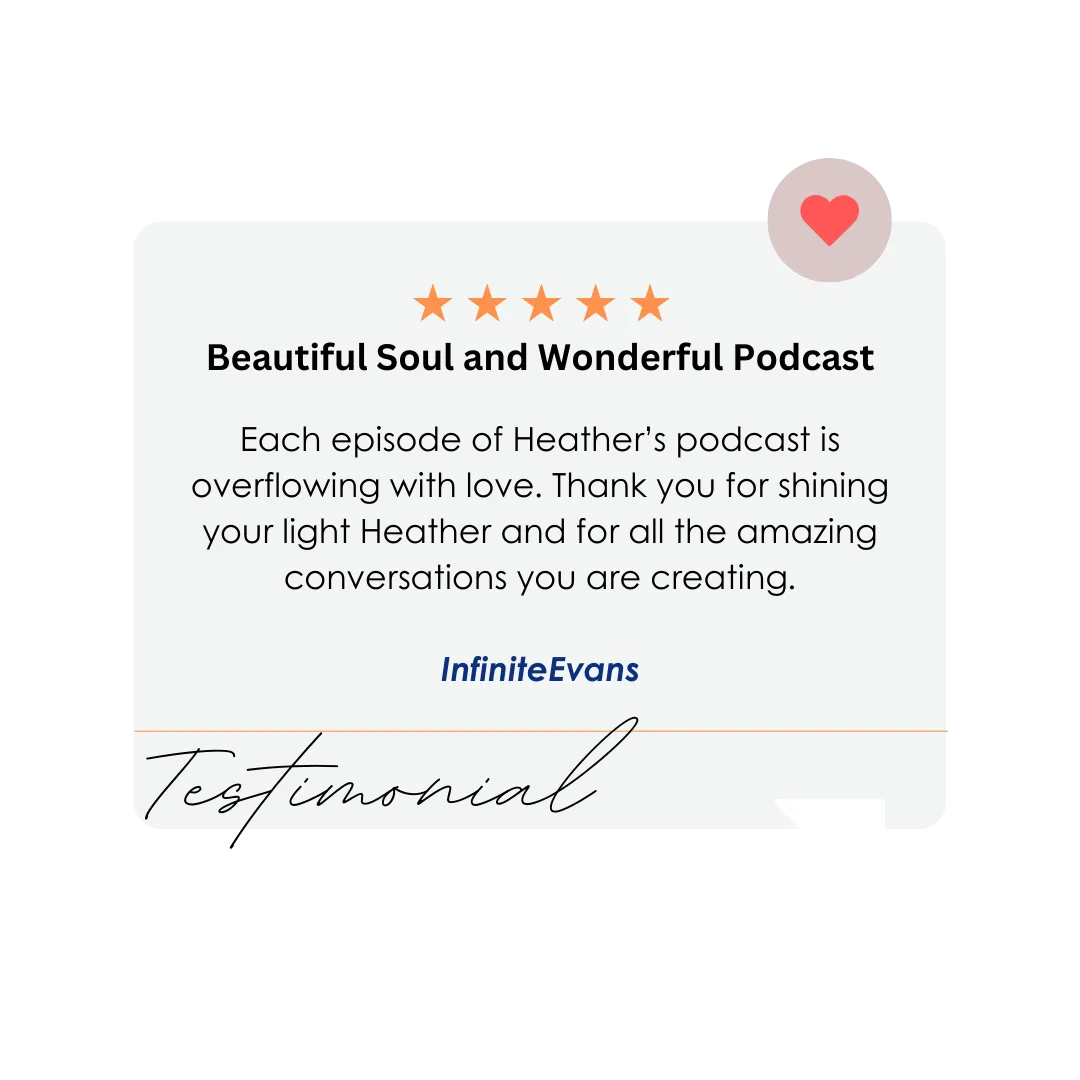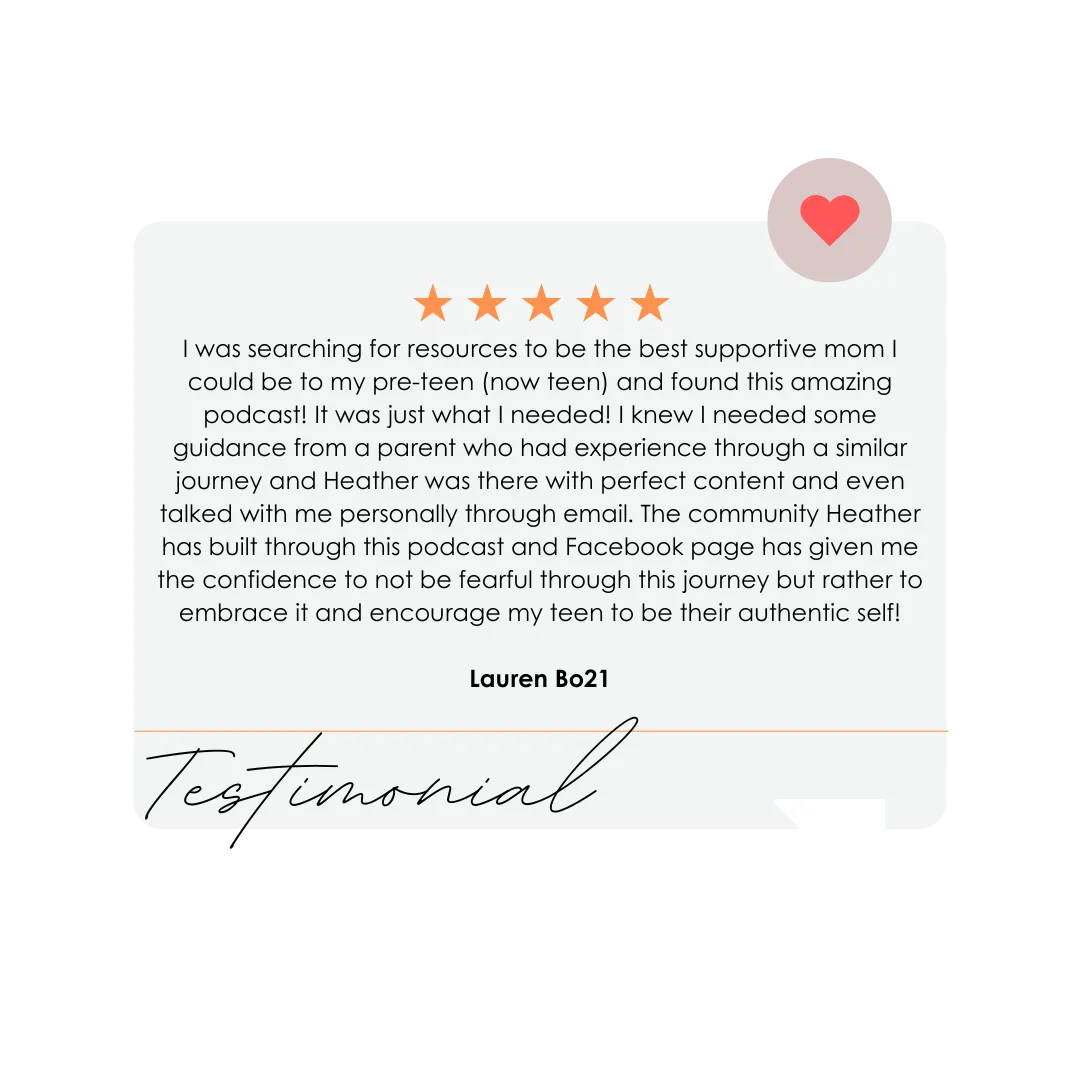BLOG
With topics ranging from mental health to all things LGBTQ+, the Chrysalis Mama blog is a space to learn, grow, and become empowered.
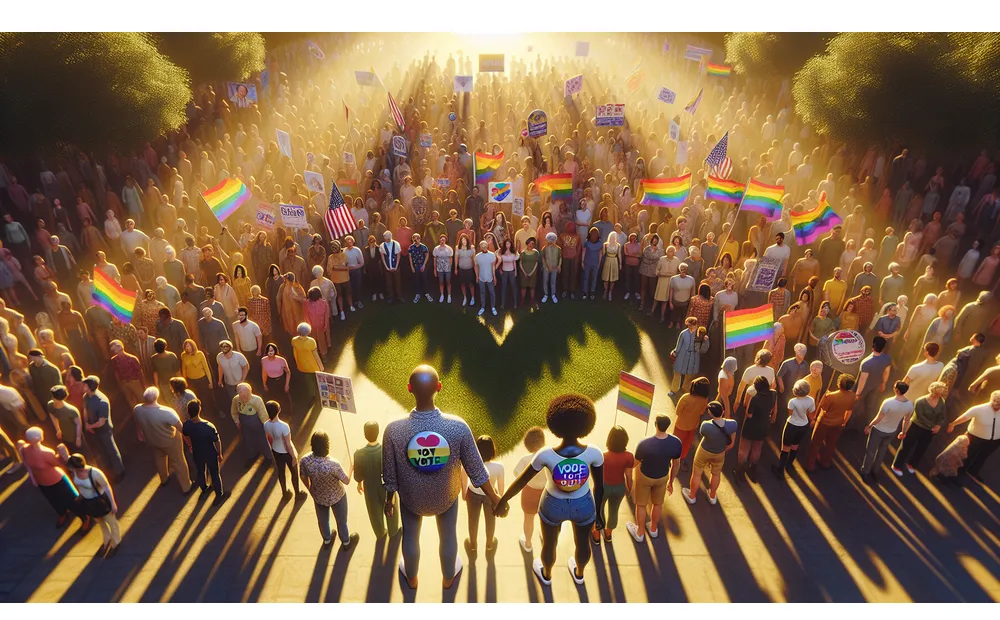
2024 Election Isn't About Politics: Empowering LGBTQ+ People and Their Allies to Make a Difference
As the 2024 election approaches, LGBTQ+ rights have become a focal point in the political landscape. With a surge in anti-LGBTQ bills and growing concerns about misinformation, the upcoming election is having an enormous impact on the lives of LGBTQ+ individuals and their allies. This pivotal moment in history calls for a deeper understanding of the issues at stake and the power of collective action to shape a more inclusive future.
I am a huge believer that knowledge, facts, and action can take fear from the driver's seat and leave it at the next rest stop. I know that can be hard when this election in particular goes far beyond politics. It is about about children, our LGBTQ+ friends, and every person who is NOT white or male or heterosexual or Christian. This election is about human beings, human rights, and the human condition. It is tapping into our hearts and souls like no other time in history.
AND, we can affect the outcome in a very real way.
In this article, we'll explore the 2024 election candidates' stances on LGBTQ rights and examine how these align with broader social issues. We'll also look into the importance of building strong coalitions between LGBTQ+ advocates and allies to advance equality. By shedding light on these crucial topics, I hope to empower readers to make informed decisions and take meaningful steps to support LGBTQ+ youth and the wider community during this significant electoral period.
The 2024 Election Landscape for LGBTQ+ Rights
The 2024 election holds significant implications for LGBTQ+ rights, really ALL human rights, in the United States. With nearly half the world's population heading to the polls in at least 64 countries, the outcomes will have far-reaching consequences for years to come [1]. LGBTQ+ voters are poised to play a crucial role in shaping the political landscape.
Key Battleground States
In the upcoming election, six key battleground states will be pivotal in determining the presidency and control of Congress: Pennsylvania, Michigan, Wisconsin, Georgia, Arizona, and Nevada [2]. These states are expected to be closely contested, with LGBTQ+ voters potentially making a decisive impact. In the 2020 election, LGBTQ+ voters comprised 7 to 8% of the overall electorate, playing a crucial role in President Joe Biden's victory in swing states [3].
Critical Senate and House Races
LGBTQ+ voters show a strong preference for Democratic candidates in congressional races. In a generic vote preference for Congress, LGBTQ+ likely voters favor Democratic candidates by +63 percentage points nationwide (77% Democrat / 14% Republican) [4]. This preference is even more pronounced in the seven most competitive states with U.S. Senate races, where LGBTQ+ voters prefer Democratic candidates by +67 percentage points (79% Democrat / 12% Republican) [4].
Gubernatorial Elections Impacting LGBTQ+ Policies
State-level elections, particularly gubernatorial races, will have significant implications for LGBTQ+ rights. The Human Rights Campaign (HRC) estimates that there will be 75 million 'equality voters' in 2024 – those who vote based on support for LGBTQ+ rights [3] as well as all other underrepresented group's rights such as the right to reproductive freedom, BIPOC rights, veterans rights, and persons with disabilities rights.
The LGBTQ+ community faces ongoing challenges, with over 500 anti-LGBTQ+ laws proposed at the state level in 2023 [5]. This trend is likely to continue throughout the election season and beyond, particularly targeting transgender individuals [5]. Voters are increasingly concerned about these issues, with 53% of both registered and likely 2024 voters opposing candidates who frequently speak about restricting access to healthcare and sports participation for transgender youth [5].
As the election approaches, it's crucial to recognize the power of LGBTQ+ voters and their allies in shaping the future of equality in the United States. With over 2,200 LGBTQ+ Americans turning 18 every day, young LGBTQ+ people and their allies have the potential to become a significant force for change in the years to come [2].
Analyzing Candidates' Stances on LGBTQ+ Issues
Voting Records on Equality Legislation
The 2024 election presents a critical opportunity to advance LGBTQ+ rights through the election of pro-equality candidates. In Congress, several representatives have consistently championed LGBTQ+ rights. For instance, Rep. Mark Pocan, the first openly LGBTQ+ person to serve on the House Appropriations Committee, has been a strong advocate for equality [1]. Similarly, Rep. Mark Takano, the first openly LGBTQ+ person of color elected to Congress, chairs the House Committee on Veterans' Affairs, demonstrating the growing influence of LGBTQ+ representatives in key positions [1].
Public Statements and Campaign Promises
Candidates' public statements and campaign promises provide insight into their stance on LGBTQ+ issues. Donald Trump, the Republican nominee, has a record that is proven to be ANTI-LGBTQ+ rights. During his previous term, Trump led more than 210 attacks in policy and rhetoric against LGBTQ+ people [2]. His administration argued to legalize discrimination in various sectors, including work, education, health care, and housing [2]. In his current campaign, Trump has promised to defund schools that support transgender students' safety and pledged a national ban on gender-affirming healthcare [2].
Endorsements from LGBTQ+ Organizations
Endorsements from LGBTQ+ organizations play a crucial role in identifying pro-equality candidates. The Human Rights Campaign (HRC), the nation's largest LGBTQ+ advocacy group, has launched its 2024 public education and engagement campaign "We Show Up: Equality Wins" to reach 75 million identified Equality Voters nationwide [6]. HRC's endorsements carry significant weight, as the organization has a near 70% favorability rating among these voters [6].
Several candidates have received support from LGBTQ+ organizations for their strong stances on equality. For example, Emily Randall, running for Washington's 6th Congressional District, is poised to become the first out LGBTQ+ Latina elected to Congress [1]. Similarly, Evan Low, running for California's 16th Congressional District, has been recognized for his leadership in defending and expanding LGBTQ+ rights in California [1].
Intersectionality: LGBTQ+ Rights and Other Social Justice Issues
The intersection of LGBTQ+ rights with other social justice issues highlights the complex challenges faced by the community. This section explores the interconnected struggles in racial equity, economic justice, and healthcare access.
Racial equity in the LGBTQ+ community
LGBTQ+ individuals who are also people of color face unique challenges in exercising their right to vote. A study found that BIPOC (Black, Indigenous, People of Color) LGBTQ+ adults, particularly Black and Latine transgender adults, encountered significant barriers to voting. More than 2% of BIPOC LGBTQ+ would-be voters were denied the right to vote due to their race and/or ethnicity [7]. Additionally, over 7% of BIPOC LGBTQ+ would-be voters chose not to vote to avoid harassment or judgment because of their race or ethnicity [7].
Economic justice for LGBTQ+ individuals
LGBTQ+ people in the United States face unique economic challenges. Research consistently shows that LGBTQ+ individuals and their families are more likely to struggle economically, experiencing higher rates of poverty and food insecurity [8]. According to The Williams Institute at UCLA School of Law, social and legal exclusion of LGBTQ+ people creates economic hardships and can negatively affect the economy [8].
The lack of comprehensive federal protections contributes to this economic insecurity. Currently, there is no federal law that consistently protects LGBTQ+ people from housing discrimination [8]. A 2013 study by the U.S. Department of Housing and Urban Development revealed that same-sex couples experience significant levels of discrimination when responding to advertised rental housing in metropolitan areas nationwide [8].
Healthcare access and reform
LGBTQ+ individuals face significant barriers to accessing healthcare. A survey conducted by the Center for American Progress revealed that 8% of LGBTQ respondents reported that a doctor or healthcare provider refused to see them because of their actual or perceived sexual orientation in the year prior to the survey [9]. The situation is even more challenging for transgender individuals, with 29% reporting similar refusals based on their gender identity [9].
These experiences of discrimination have a deterrent effect on LGBTQ+ people seeking healthcare. In the year prior to the survey, 8% of all LGBTQ people avoided or postponed needed medical care due to disrespect or discrimination from healthcare staff [9]. This avoidance was even higher among transgender people, with 22% reporting such behavior [9].
The intersectionality of these issues underscores the need for comprehensive reforms that address the unique challenges faced by LGBTQ+ individuals across various aspects of their lives.
Building Coalitions: Uniting LGBTQ+ Advocates and Allies
The fight for LGBTQ+ rights and equality requires a united front, bringing together diverse groups and organizations. By forming strong coalitions, LGBTQ+ advocates and allies can amplify their voices and create a more powerful impact in the 2024 election and beyond.
Partnering with civil rights organizations
LGBTQ+ rights organizations are joining forces with other civil rights groups to advance equality. Equality California, for instance, works to bring the voices of LGBTQ+ people and allies to institutions of power across the United States [10]. Their inclusive approach aims to create a world that is healthy, just, and fully equal for all LGBTQ+ people.
In a significant move, Equality PAC, Human Rights Campaign PAC (HRC PAC), and the National Center for Transgender Equality Action Fund (NCTE AF) have jointly endorsed the Harris 2024 campaign [11]. This unprecedented collaboration represents over 60 million Americans and demonstrates the power of unified action in mobilizing LGBTQ+ voters and their allies in critical battleground states.
Engaging faith communities
While I won't detail key points here, engaging faith communities remains an important aspect of building inclusive coalitions. Future efforts could focus on fostering dialog and understanding between LGBTQ+ advocates and faith-based organizations to create a more inclusive society.
Collaborating with labor unions
Labor unions have emerged as strong allies in the fight for LGBTQ+ rights. The Service Employees International Union (SEIU), led by President Mary Kay Henry, is recognized as one of the most LGBTQ+ friendly unions in America [12]. This partnership has shown that LGBTQ+ issues can foster unionization, with many workers understanding that union contracts offer the best protection for LGBTQ+ people in the workplace.
A UCLA report found that 75% of surveyed United Food and Commercial Workers members said their local union takes concrete actions to support LGBTQ workers, and 70% reported that LGBTQ workers are protected by their union contracts [13]. Furthermore, 87% of union members believed LGBTQ workers should be protected by their union contracts, highlighting the strong support within the labor movement [13].
Action: What We Can Do to Help
Hopefully, the information in this article has inspired you to take action as well as loosened the grip of fear. Here is a list of organizations that need your help this election cycle:
OutVote.org - OutVote is building a youth-led culture of LGBTQIA+ civic engagement to create electoral power, protect our community, and elect leaders who reflect the diversity of our nation. They're training LGBTQIA+ students and community members to register, mobilize, and engage their communities for 2024 and beyond.
National LGBTQ Task Force - Are you an LGBTQ+ person or an ally interested in being a part of seismic change across the country? The National LGBTQ Task Force is driving Queer the Vote, an effort to educate and mobilize LGBTQ+ rights supporters during key election cycles and anti-LGBTQ+ legislative assaults. Sign up with the Task Force today for opportunities to be part of this change.
The State's Project - The States Project connects the importance of state legislatures to every aspect of our lives and brings together communities to help build a healthy, sustainable, and prosperous future for all. Our electoral work focuses on winning governing majorities in the states by making state legislative campaigns more effective and better funded. Our policy work provides nonpartisan tools and resources that connect a diverse community of state lawmakers committed to improving lives for the people they serve. We do it because we believe that state legislatures are the strongest force for change in this country.
SwingLeft.org - building a lasting culture of grassroots participation in winning elections for Democrats by making it as easy as possible for anyone to have maximum impact on the elections that determine the balance of power in our country. Whether you join a Swing Left group, donate to a strategic fund, sign up for a volunteer shift, or just help spread the word, we’re so grateful for your role in this powerful community.
Conclusion
The 2024 election will have a significant impact on LGBTQ+ rights and broader social issues. By understanding candidates' stances, recognizing the power of LGBTQ+ voters, and addressing intersecting challenges, we can work towards a more inclusive future. The importance of building strong coalitions between LGBTQ+ advocates and allies cannot be overstated, as it amplifies voices and creates a more powerful impact.
To move forward, it's crucial to stay informed, engage in meaningful dialog, and take action to support equality. By coming together and leveraging our collective strength, we can shape a society that truly values and protects the rights of all individuals, regardless of their sexual orientation, gender identity, ethnicity or ability. Remember, this election is about human beings, human rights, and the human condition, not politics.
AND, we can affect the outcome in a very real way.
References
[1] - https://www.pewresearch.org/politics/2024/06/06/gender-identity-sexual-orientation-and-the-2024-election/
[2] - https://abcnews.go.com/Politics/2024-presidential-candidates-stand-lgbtq-issues/story?id=103313107
[3] - https://www.aclu.org/legislative-attacks-on-lgbtq-rights-2024
[4] - https://www.them.us/story/lgbtq-rights-in-2024-what-is-at-stake
[5] - https://www.nbcnews.com/politics/2024-election/americas-largest-lgbtq-rights-group-plans-15-million-swing-state-blitz-rcna152383
[6] - https://glaad.org/election-2024-exposing-project-2025/
[7] - https://www.hrc.org/resources/lgbtq-voting-barriers-results-from-the-2019-lgbtq-voter-experience-study
[8] - https://glaad.org/fact-sheet-trump-economy/
[9] - https://www.americanprogress.org/article/discrimination-prevents-lgbtq-people-accessing-health-care/
[10] - https://www.eqca.org/
[11] - https://www.hrc.org/press-releases/nations-leading-lgbtq-groups-endorse-biden-harris-2024
[12] - https://prospect.org/labor/2023-09-04-union-and-queer/
[13] - https://newsroom.ucla.edu/releases/labor-unions-protection-for-lgbtq-workers
WHAT PEOPLE ARE SAYING ABOUT HEATHER
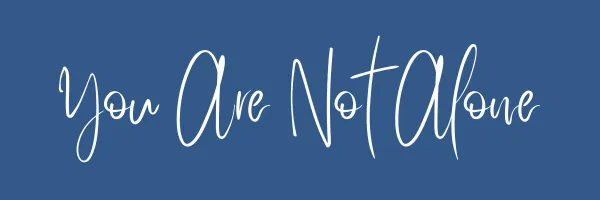
ABOUT
CONTACT
Looking for tips, tools, and strategies along with a little peace of mind? I invite you into the Chrysalis world!
I am grateful for all who have asked how they can help further this mission!
© 2024 Chrysalis Mama • All Rights Reserved
